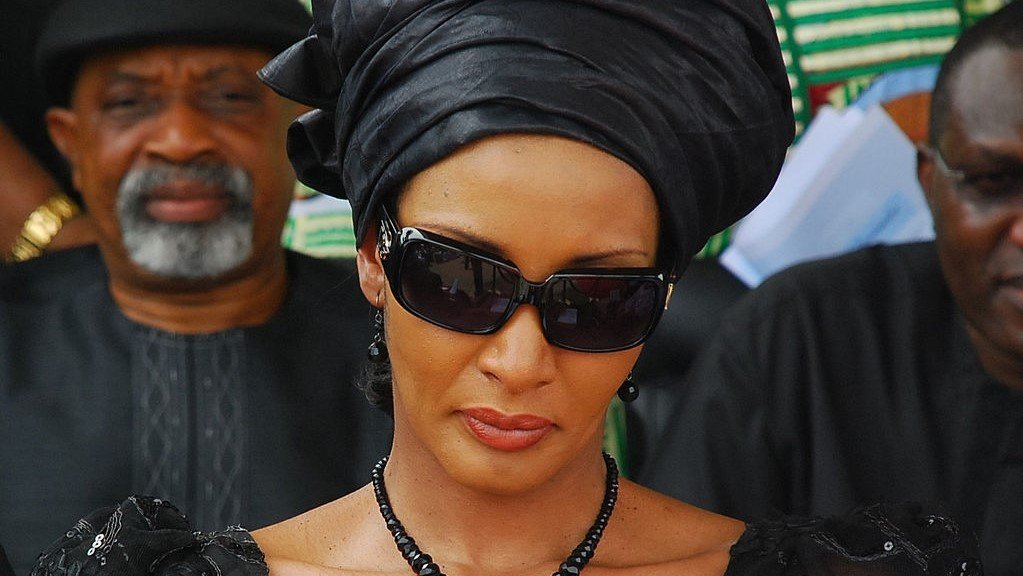By Chukwu Godlove
Abuja – In a sweeping move to revitalize his administration, President Bola Tinubu has dismissed five cabinet ministers, reassigned ten others, and appointed seven new ones in a significant reshuffle aimed at boosting efficiency and addressing emerging national challenges. The president’s decision follows months of mounting pressure on his government to deliver on key economic, security, and infrastructural promises made during his 2023 electoral campaign.

Sacked Ministers
The five ministers removed from office were relieved of their duties as part of what the presidency described as a “strategic recalibration” of Tinubu’s administration. Among the sacked ministers are key figures from portfolios that have faced scrutiny, including those responsible for power, transport, and education, sectors that have struggled with widespread challenges in recent months.
The five sacked ministers are Uju-Ken Ohanenye, the former minister of Women Affairs; Lola Ade-John, the former minister of Tourism; Tahir Mamman, the minister of Education; Abdullahi Gwarzo, minister of state, Housing and Urban Development, and Jamila Ibrahim, minister of Youth Development.
The newly appointed ministers pending confirmation by the Senate, are Nentawe Yilwatda, Muhammadu Dingyadi, Bianca Odumegu-Ojukwu, Jumoke Oduwole, Idi Maiha, Yusuf Abdullahi Ata, Suwaiba Ahmad.
Reassigned Ministers
In addition to the sackings, ten other ministers were reassigned to new portfolios, a decision reportedly made to leverage their expertise in different areas and ensure that ministries deliver results in line with Tinubu’s broader vision for economic transformation and development. Some of the notable reassignments include:
According to the presidency, these reassignments are meant to infuse new energy into critical ministries as they grapple with Nigeria’s most pressing issues, from economic stagnation and unemployment to insecurity and infrastructural delays.
The seven new appointments are widely viewed as a move to revitalize sectors that have experienced slow progress under previous leadership. Notably, the appointment of a tech industry insider to the Ministry of Innovation and Technology has sparked optimism among stakeholders eager for Nigeria to fully embrace the global digital economy.
Reasons Behind the Shake-Up
This cabinet reshuffle comes at a critical time in Tinubu’s presidency, as Nigeria continues to face significant challenges in governance, from economic recovery to national security. The reshuffling is part of an overall strategy to ensure that the administration delivers results on key initiatives, particularly in improving public services, addressing unemployment, and promoting infrastructural development.
Sources close to the presidency suggest that Tinubu had grown increasingly dissatisfied with the pace of progress in several ministries, particularly those responsible for Nigeria’s electricity generation, transportation infrastructure, and education systems—three areas that have been long-standing sources of public frustration.
In a statement released by the presidential office, Tinubu emphasized the importance of ensuring that his administration remains dynamic and responsive to the needs of Nigerians:
“Today’s decisions reflect my unwavering commitment to building a Nigeria that works for all citizens. I have full confidence that these changes will invigorate our government’s ability to deliver on its promises, tackle challenges, and seize opportunities for growth.”
Public Reactions and Political Implications
Public reaction to the cabinet reshuffle has been mixed. Some political analysts see the move as long overdue, while others view it as a reaction to mounting public discontent with the administration’s progress so far. Tinubu’s popularity, though still relatively high, has been tested by rising inflation, insecurity, and an economy struggling to regain stability.
Critics argue that while reshuffling ministers is a necessary step, the real test will be whether these changes translate into tangible improvements on the ground. Key opposition figures have expressed skepticism, with some suggesting that the reshuffle is merely cosmetic and won’t address the root causes of the government’s inefficiencies.
However, supporters of the president are more optimistic, noting that the inclusion of new technocrats and the reallocation of talent within the cabinet are positive signs that Tinubu is committed to fulfilling his ambitious national agenda.

